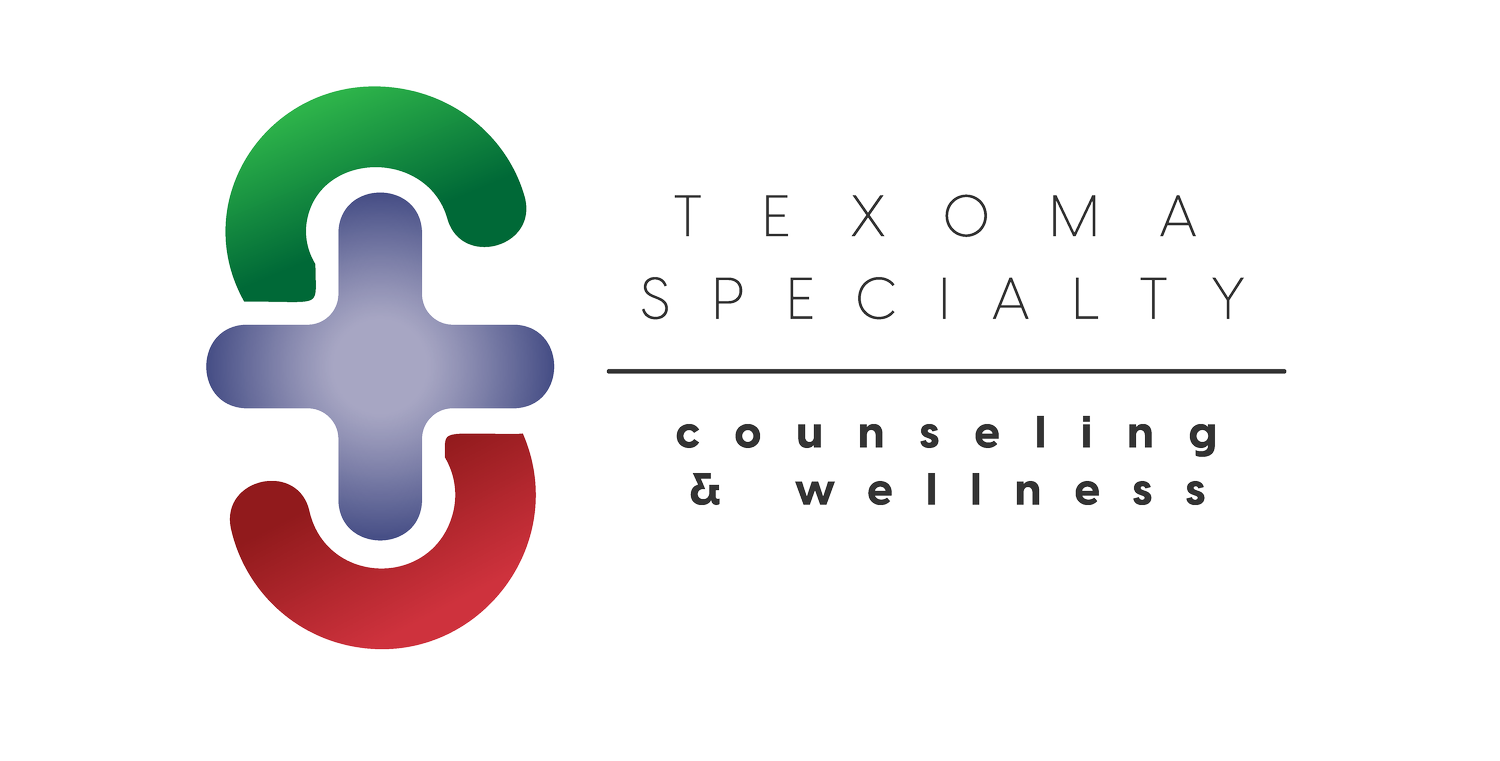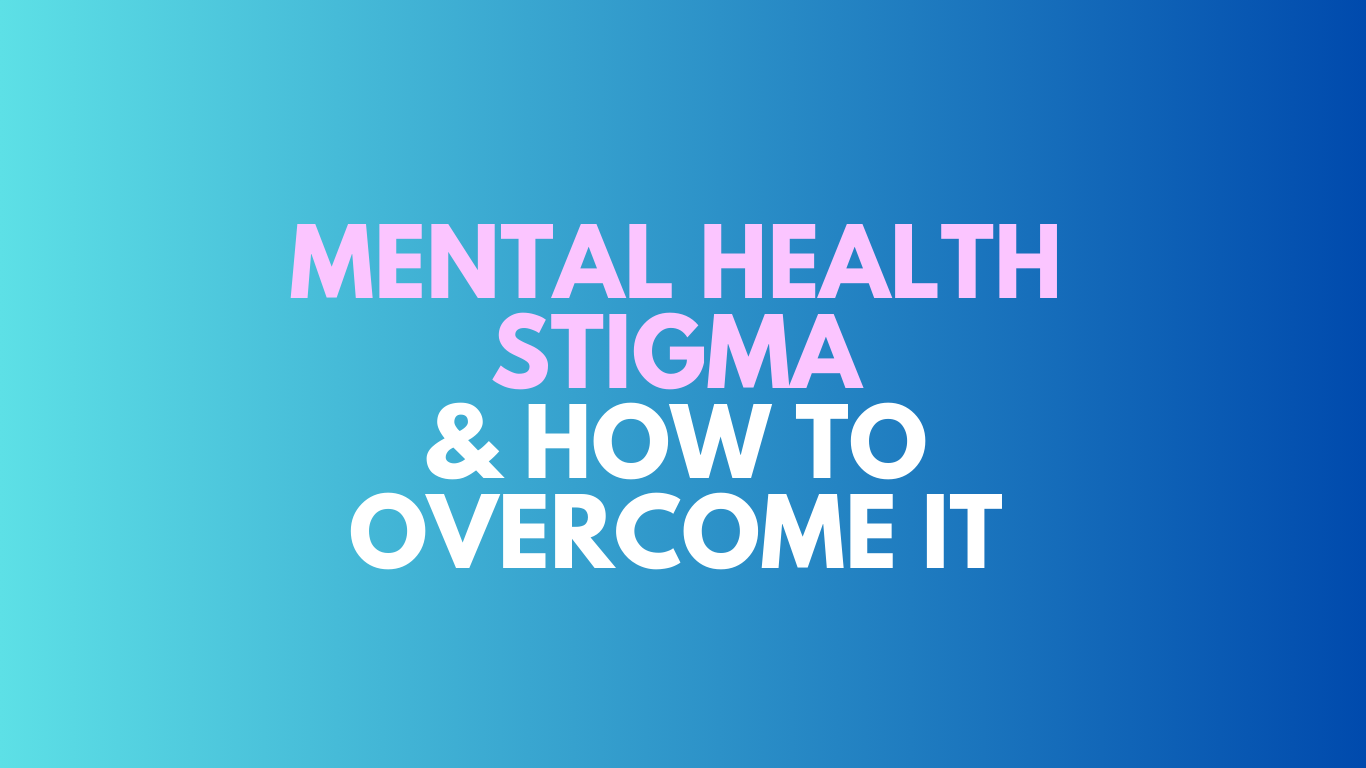Breaking the Silence: Understanding Mental Health Stigma and How to Overcome It
In a world where we are encouraged to speak up and seek help when we are physically unwell, why is it still so difficult to do the same for our mental health? The stigma surrounding mental health issues often prevents individuals from reaching out for the support they desperately need. Let's delve into five reasons why people hesitate to ask for help when it comes to their mental well-being:
Fear of Judgment: One of the most common reasons people avoid seeking help for mental health issues is the fear of being judged by others. Society's misconceptions and stereotypes about mental illness can make individuals feel ashamed or embarrassed to admit they are struggling.
Self-Stigma: Internalized stigma, also known as self-stigma, can be a major barrier to seeking help. Individuals may believe the negative stereotypes about mental illness and feel unworthy of support or treatment.
Cultural and Social Norms: Cultural and social norms play a significant role in how mental health issues are perceived and addressed. In some communities, mental health problems are seen as a sign of weakness or personal failure, leading individuals to suffer in silence rather than seek help.
Lack of Awareness: Many people may not recognize the symptoms of mental health issues or understand that help is available. This lack of awareness can prevent individuals from reaching out for support when they need it most.
Financial Barriers: Accessing mental health services can be costly, and not everyone has the financial means to seek professional help. The high cost of therapy or medication can be a significant barrier for individuals who are already struggling with their mental health.
Despite these challenges, it is crucial to remember that asking for help is a sign of strength, not weakness.
Here are five tips to make it easier to seek support for your mental health:
Educate Yourself: Take the time to learn about mental health issues and the support options available to you. Knowledge is power, and understanding your condition can help reduce stigma and empower you to seek help.
Reach Out to a Trusted Individual: Whether it's a friend, family member, or mental health professional, talking to someone you trust can be a crucial first step in seeking help. Opening up about your struggles can help you feel less alone and start the journey towards healing.
Utilize Online Resources: In today's digital age, there are numerous online resources and support groups available for individuals struggling with mental health issues. Websites, forums, and helplines can provide valuable information and connect you with others who may be going through similar experiences.
Practice Self-Care: Prioritize self-care activities that promote your mental well-being, such as exercise, mindfulness, and relaxation techniques. Taking care of yourself physically and emotionally can help improve your overall mental health and make it easier to ask for help when needed.
Seek Professional Help: If you are struggling with your mental health, don't hesitate to reach out to a mental health professional for support. Therapy, counseling, and medication can be effective tools in managing mental health issues and improving your quality of life.
Remember, you are not alone in your struggles, and there is always help available to support you on your journey towards better mental health. By breaking the silence and seeking help, you are taking a brave and important step towards healing and well-being. Let's work together to break down the barriers of mental health stigma and create a community where asking for help is not only accepted but encouraged.
Here is another blog where we dive a bit deeper and uncover the Myths of Seeking Help …you are worth every bit of happy you seek!


